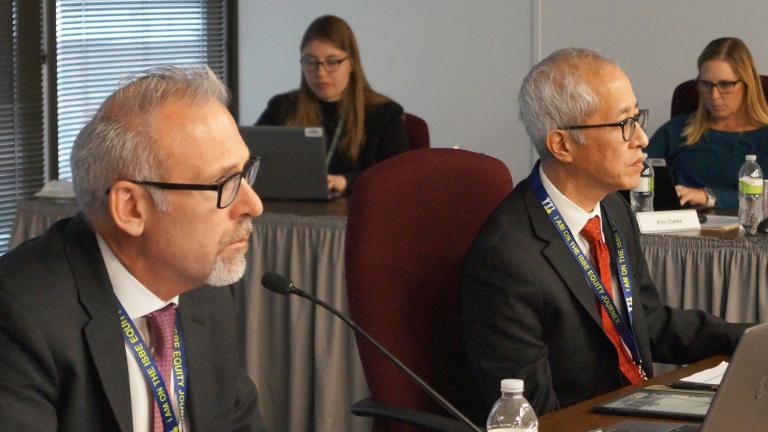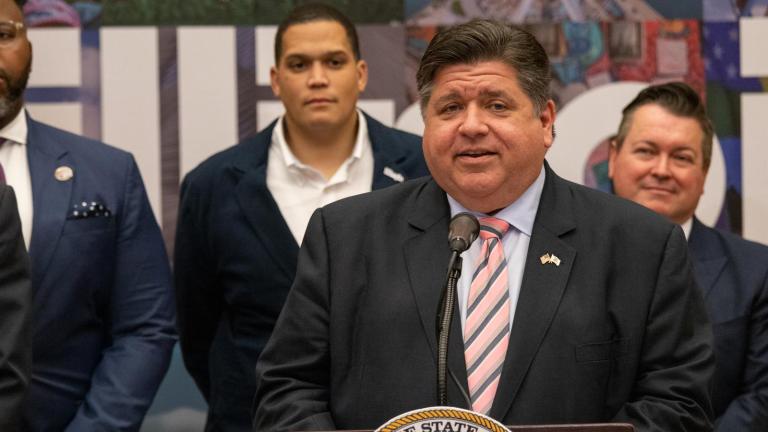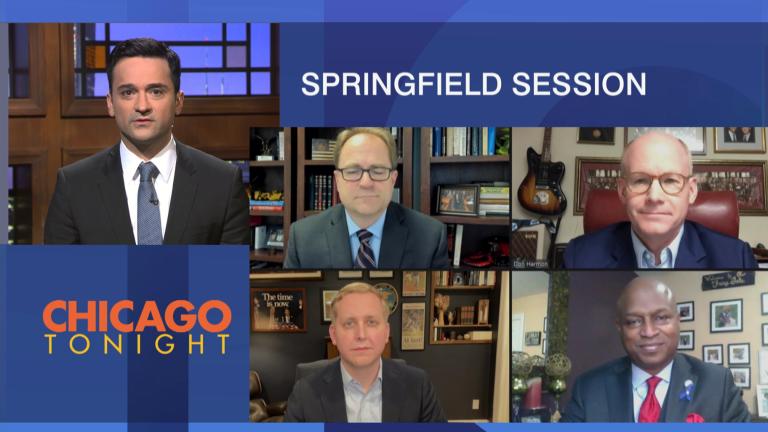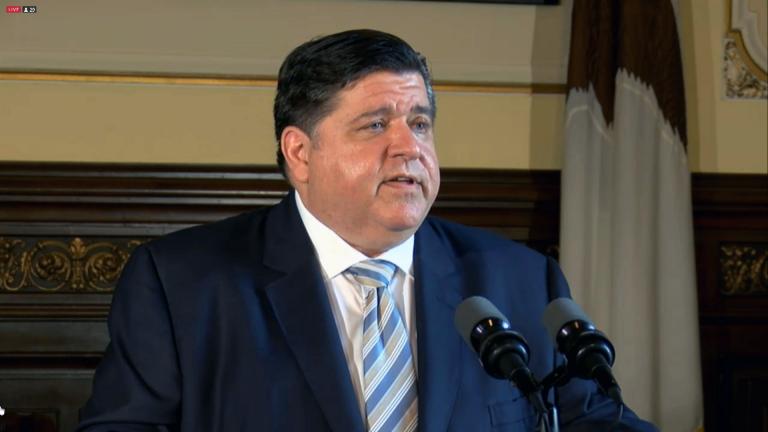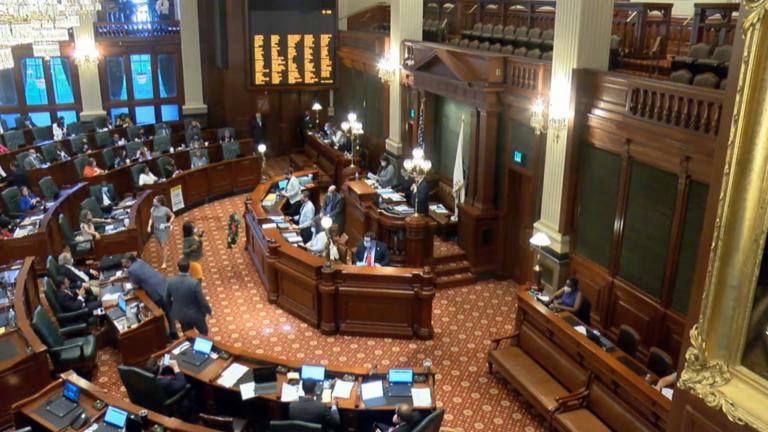The coronavirus is taking a toll on individuals’ pocketbooks, but it’s also hurting government budgets across the nation.
According to a recent report from the non-partisan Illinois Commission on Government Forecasting and Accountability, the “outlook for the Illinois’ economy was good” heading into March, when the commission first released its estimates.
But that quickly changed with the COVID-19 outbreak and Gov. J.B. Pritzker’s measures to tame it by mandating nonessential businesses close and residents stay at home.
According to the report, now “it seems reasonable to offer a scenario with more devastating impacts on revenues in the near-term than even the ‘Great Recession.’ As a result, should revenues experience a peak-trough decline of 20%, a revenue reduction of over $8 billion would be experienced, although likely spread over multiple fiscal years.”
Revenues will drop from a variety of streams: There’s no money coming in from shuttered casinos, layoffs mean income tax revenues will drop, and many retail stores are closed.
“We collect about $750 million a month in sales taxes to the state. You might be thinking there’s all those folks out there who are buying everything off the shelves at the grocery store and that’s true but the state does not levy a sales tax on food purchases. So we’re seeing a decline in a lot of the types of sales the state does have a sales tax on and food is going through the roof in some cases and we’re not seeing that,” said state Rep. Tom Demmer, R-Dixon.
Meanwhile, the state is spending more.
“Our expense are going to be up a lot as we struggle to help our health care system, and be sure that hospitals and doctors have the resources they need as we try to help our school districts and our colleges and universities, transit, make sure meals are delivered to seniors at home and they’re cared for, get medical assistance. All that’s going to cost money,” said House Majority Leader Greg Harris, D-Chicago. “It’s going to be a tough year to figure all that out.”
Lawmakers would normally be holding appropriations meetings in Springfield regularly, but session has been canceled due to the pandemic, leaving them to instead talk on conference calls.
They’re in preliminary talks about options, including a holdover six-month budget, so they can reevaluate the situation once the outbreak has run its course.
The regular deadline for passing a budget is May 31, for the new fiscal year that begins in July.
But it’s unclear when it will be safe for lawmakers to return to the capitol.
“We go down there, several hundred, a thousand or so people come with us, who are part of the public process, then everyone fans back out to every corner of the state,” Harris said.
He said there is no apparent mechanism that allows the General Assembly to meet or to vote virtually.
Republican state Sen. Dale Righter, R-Mattoon, said there is time, but he doesn’t want the clock to run out because when the legislature is rushed, “that’s when mistakes get made.”
Righter said that as of Wednesday, there had only been one confirmed case of the coronavirus in the 14 counties his district covers.
The governor’s stay-at-home order expires April 7, and could be renewed, but if – and Righter stressed the “if” – downstate Illinois continues to see only sparse cases, he said Pritkzer should consider relieving those regions from certain executive mandates.
“Many downstate areas, you’re just not seeing the surge,” Righter said. “Should hospitals be allowed to go back to doing certain select – or maybe with a cap – to doing elective procedures, to allow them to start bringing in revenue. If we don’t the taxpayers are going to pay more money to bail those hospitals out later. I think we need to have a serious conversation about that. Consult the public health experts, but remember that the economic shutdown that we are experiencing right now, that’s been government mandated, comes with a price as well.”
Pritzker did not directly answer a reporters’ question Thursday about how much the state has spent so far to battle the coronavirus.
Follow Amanda Vinicky on Twitter: @AmandaVinicky

